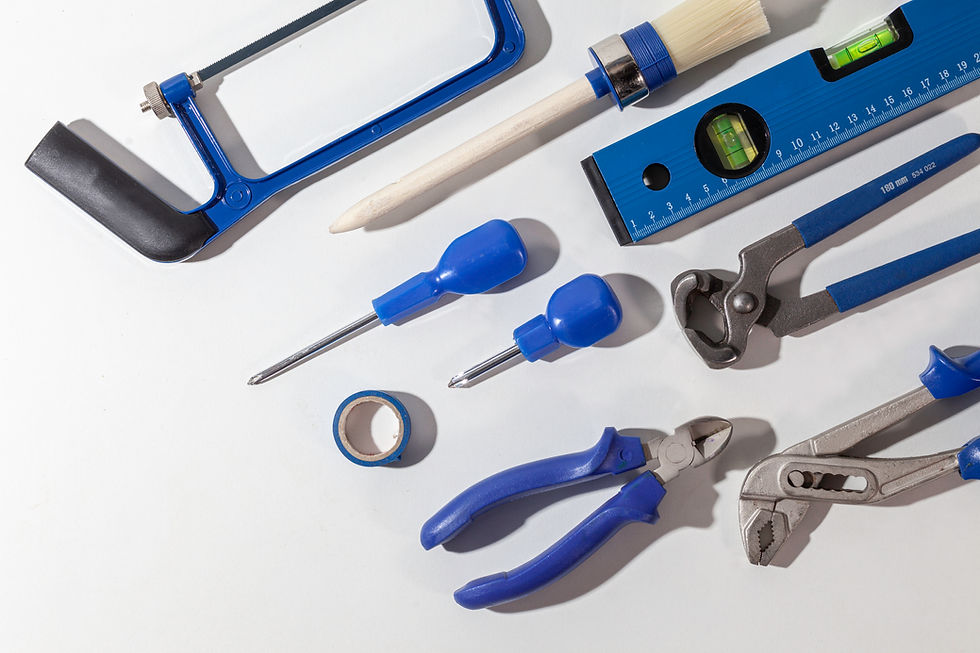For a stress-free life, try exercise
- Britney Greenwood

- Nov 1, 2020
- 3 min read
Exercise and stress: Get moving to manage stres
Exercise in almost any form can act as a stress reliever. Being active can boost your feel-good endorphins and distract you from daily worries.
You know that exercise does your body good, but you're too busy and stressed to fit it into your routine. Hold on a second — there's good news when it comes to exercise and stress.
Virtually any form of exercise, from aerobics to yoga, can act as a stress reliever. If you're not an athlete or even if you're out of shape, you can still make a little exercise go a long way toward stress management. Discover the connection between exercise and stress relief — and why exercise should be part of your stress management plan.
Exercise and stress relief
Exercise increases your overall health and your sense of well-being, which puts more pep in your step every day. But exercise also has some direct stress-busting benefits.
It pumps up your endorphins. Physical activity may help bump up the production of your brain's feel-good neurotransmitters, called endorphins. Although this function is often referred to as a runner's high, any aerobic activity, such as a rousing game of tennis or a nature hike, can contribute to this same feeling.
It reduces negative effects of stress.Exercise can provide stress relief for your body while imitating effects of stress, such as the flight or fight response, and helping your body and its systems practice working together through those effects. This can also lead to positive effects in your body—including your cardiovascular, digestive and immune systems—by helping protect your body from harmful effects of stress.
It's meditation in motion. After a fast-paced game of racquetball, a long walk or run, or several laps in the pool, you may often find that you've forgotten the day's irritations and concentrated only on your body's movements. As you begin to regularly shed your daily tensions through movement and physical activity, you may find that this focus on a single task, and the resulting energy and optimism, can help you stay calm, clear and focused in everything you do.
It improves your mood. Regular exercise can increase self-confidence, improve your mood, help you relax, and lower symptoms of mild depression and anxiety. Exercise can also improve your sleep, which is often disrupted by stress, depression and anxiety. All of these exercise benefits can ease your stress levels and give you a sense of command over your body and your life.
Do what you love. Almost any form of exercise or movement can increase your fitness level while decreasing your stress. The most important thing is to pick an activity that you enjoy. Examples include walking, stair climbing, jogging, dancing, bicycling, yoga, tai chi, gardening, weightlifting and swimming. And remember, you don't need to join a gym to get moving. Take a walk with the dog, try body-weight exercises or do a yoga video at home.
Pencil it in. In your schedule, you may need to do a morning workout one day and an evening activity the next. But carving out some time to move every day helps you make your exercise program an ongoing priority. Aim to include exercise in your schedule throughout your week.
Whatever you do, don't think of exercise as just one more thing on your to-do list. Find an activity you enjoy — whether it's an active tennis match or a meditative meander down to a local park and back — and make it part of your regular routine. Any form of physical activity can help you unwind and become an important part of your approach to easing stress.






Comments